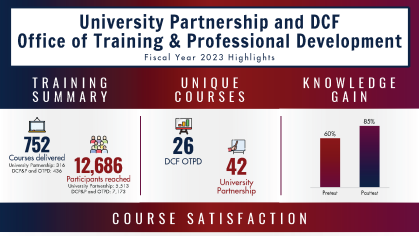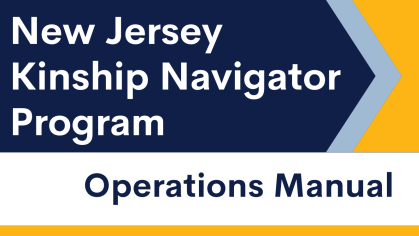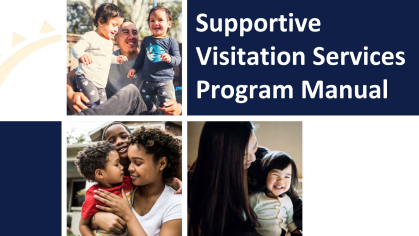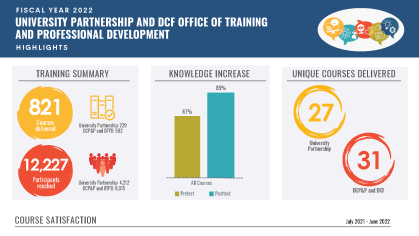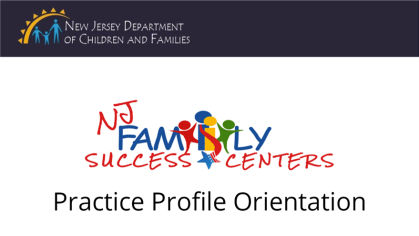
New Jersey Child Welfare Training Partnership
Established in 2007 in collaboration with NJDCF, IFF leads a University Partnership that trains 5,000 child- and family-serving professionals. The Partnership supports DCP&P's workforce, including frontline workers and supervisors dedicated to supporting children and families, by delivering courses that provide fundamental training on skills and knowledge critical for child welfare practice. Foundational courses prepare professionals for overlapping issues between child welfare, mental health, domestic violence, and substance use.









